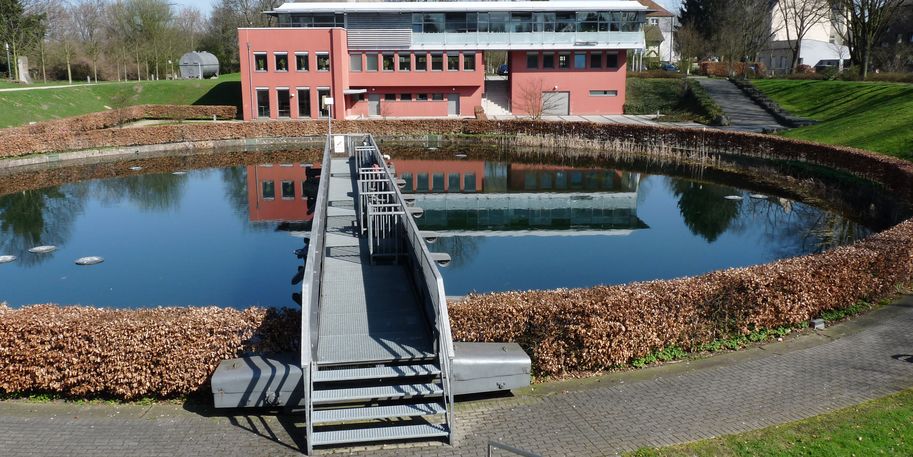Are public service infrastructures ready for the future?
How can the proper functioning of infrastructure systems under changing climatic conditions be ensured? What are the socio-technical flexibilization potentials of the current infrastructure system? The BMBF project "Flexible Utility - Climate resilience and efficiency in urban infrastructures (FLEXIBILTY)"is looking for answers to these questions.
By 2018, inter 3, together with its project partners, will systematically search for ways to identify and activate unused flexibility potentials within the infrastructure system, both on the producer and on the consumer side, in a first definition phase. In addition to inter 3 as project coordinator, Energieavantgarde Anhalt e.V. as well as the BTU Cottbus-Senftenberg are partner of the project.
Flexibilization as a solution to challenges arising from climate change?
To ensure the proper functioning of infrastructure systems under changing climatic conditions, flexibilization of infrastructure operation and resources offers economically viable solutions for technical system adjustment under changing climatic conditions. This requires considering the role of individual customers in order to enhance the operational capacity of infrastructures under climate-induced changes. The consumer becomes more important than in the other alternatives as the sensitization and involvement of customers is the key to solving problems of efficiency and functionality. Hence, conventional, supply-oriented thinking and action, i.e. the focus on what is technically necessary to ensure a smooth supply, is turned into a holistic infrastructure and resource management. To conclude, a more flexible infrastructure and resource use results in optimizing consumption and slimming down the necessary infrastructure (e.g., through the reduction of idle time costs).
Establishing "flexibility” as main principle in urban supply infrastructures
In response to the risks of climate change, the socio-technical flexibility of urban infrastructures has to be assessed and analyzed. In addition, strategies for increasing flexibility have to be developed and evaluated from the perspective of their impact on the resilience of infrastructure systems and their financial viability. Research on feasible flexibility strategies and instruments (e.g., business models, consumer information strategies) along the value chain in the fields of water / waste water, electricity and heat will be conducted in the definition phase. Due to the variety of flexibilization approaches, a prototyping approach is followed for the conceptual design of flexibilization strategies.

![[Translate to English:] Porträt von Dr. Shahrooz Mohajeri](/fileadmin/_processed_/e/2/csm_21c969_ls_weiss-162_cb8e5e877b.jpg)
![[Translate to English:] [Translate to English:]](/fileadmin/_processed_/3/f/csm_20180107_gefoerdert_vom_bmbf_deutsch_64c5d2497c.jpg)